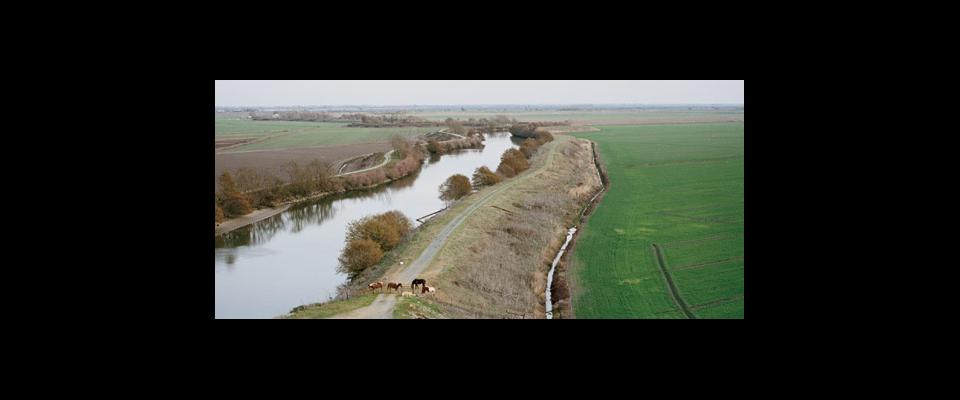Most of California lies within the California Floristic Province, which is another way of saying it’s a biodiversity hotspot: It supports more than 2,000 unique native plants and animals, more than any other state.
Which isn’t to say all is going swimmingly. At least 75 percent of the state’s wild habitat has been lost, and the remainder is under dire threat. How to save what’s left? Educating people about the stakes is a good place to start. That’s where the UC’s California Naturalist Program comes in: certifying amateurs in the science of nature. We phoned program representative Brook Gamble, located at the Hopland Research and Extension Center, for details.
“Californians have a lot of passion for protecting wild lands and wildlife,” said Gamble. “Our mission is to give that passion some grounding, to provide some scientific literacy to back it up. We want to create knowledgeable stewards and advocates—people who can go back to their communities and inspire and educate their friends and neighbors.”
Begun about 18 months ago, the certification program offers 40-hour courses that combine classroom training and fieldwork, with a recommendation for an additional 40 hours of volunteer service. The curriculum covers a broad spectrum of subjects, and includes geology, general ecology, and plant and wildlife identification.
Graduates work as docents and volunteers for research and environmental organizations. “It’s good when you can do something like point out edible plants to your friends during a hike,” Gamble said. “That’s all part of increasing awareness of the natural world.”
The program links up with other research and educational groups to augment training through guest lecturers and specialty instruction, said Gamble. “We’re working with about 10 partners now, and we expect that to increase significantly,” she said. “This program is gaining a lot of momentum with both citizens and researchers. By the end of this summer, we’ll have trained 400 students. So far, our graduates have logged 5,182 hours of volunteer service.”
–Glen Martin



















